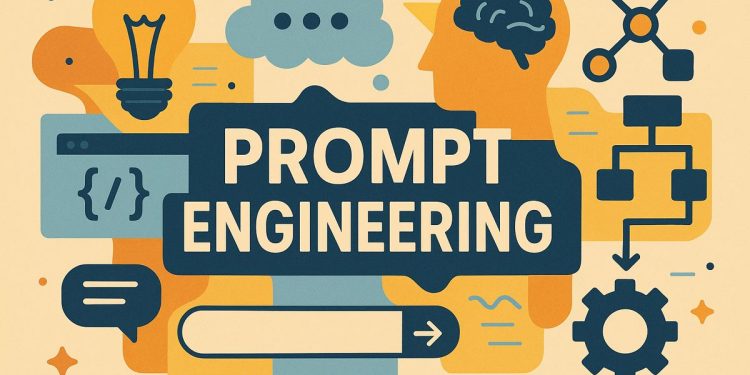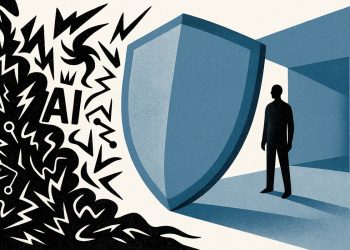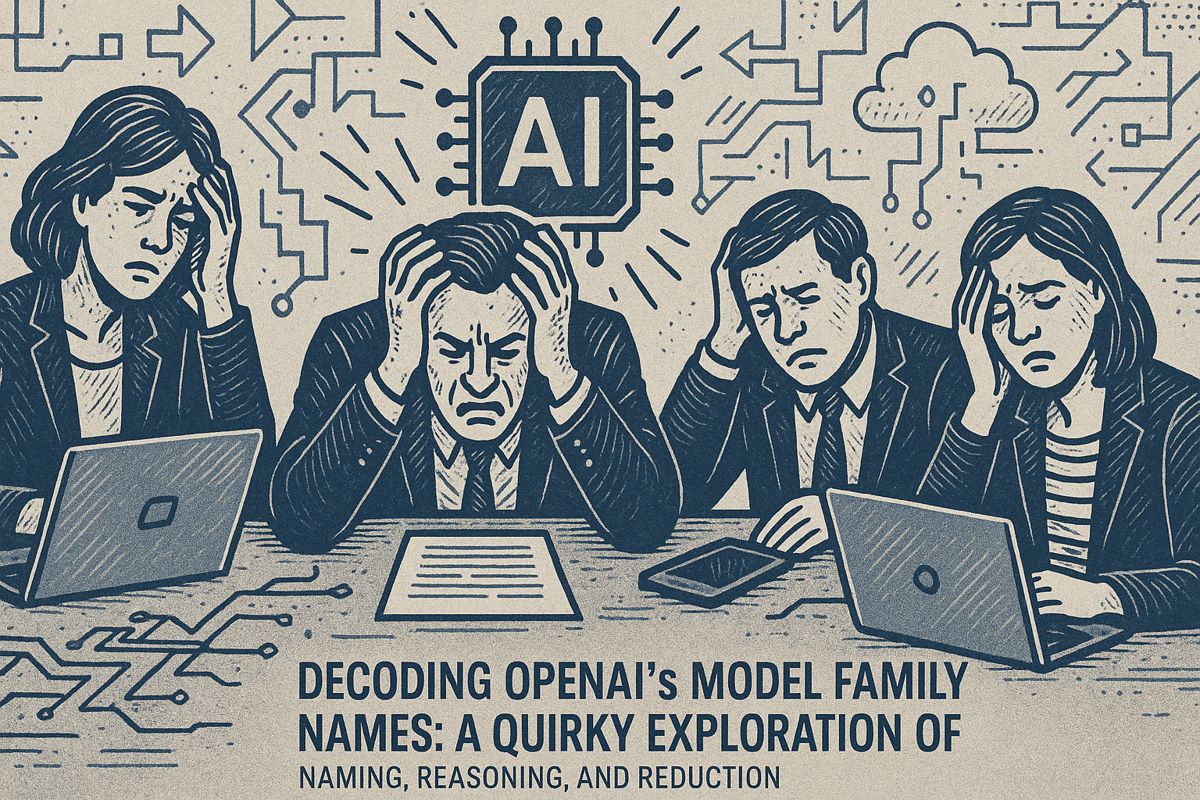Anthropic, an AI company, agreed to a big settlement after being accused of using about seven million stolen books to train its AI. This is the first time an AI company has settled such a massive copyright case, showing that using pirated data can be very expensive. Judges found that using stolen books is not protected, and the possible damages could have reached billions of dollars. This case will make other AI companies more careful and likely push them to make deals with authors in the future. It’s a strong warning for the whole AI industry to respect copyright laws.
What is the significance of Anthropic’s settlement over training AI on pirated books?
Anthropic’s settlement is the world’s first certified class-action copyright resolution against an AI company for using pirated books as training data. This landmark case sets a precedent, highlighting that unauthorized use of copyrighted works in AI models carries substantial financial risks and will influence future industry practices.
-
What Just Happened
Last week Anthropic and a class of U.S. fiction and non-fiction authors quietly filed a joint notice in San Francisco federal court: they have reached a settlement over claims that Anthropic trained its Claude models on roughly seven million books* downloaded from pirate libraries. Discovery has been paused and the trial scheduled for December 1, 2025 is now on hold while both sides finish the paperwork. -
Why It Matters for the Whole AI Industry
This is the first certified class-action copyright settlement against an AI company* anywhere in the world. Two things make it stand out:
-
Fair use did not save the day. Judge Alsup had already ruled that training on lawfully acquired books was fair use, but he left open the possibility that scraping pirated copies could still trigger damages. That legal gap is what forced Anthropic to the table.
-
The stakes were eye-watering. Under U.S. law, statutory damages for willful infringement can hit $150,000 per title. Even at the low end of the range ($750 per title), a judgment for seven million books could have exceeded $5 billion.
- What We Know (and Still Don’t Know)*
- Compensation : The exact dollar figure remains sealed until September 8 when Judge Alsup will review the agreement and publish the terms.
- Precedent : The Authors Guild calls the deal “historic” and says it will “send a strong message” to OpenAI, Microsoft, Meta, and other firms facing similar suits (Publishers Weekly).
-
Next Milestone: A final fairness hearing is set for September 8, 2025 – expect the full terms then.
-
What Happens Next*
- More lawsuits loom. OpenAI and Microsoft are staring at a dozen pending cases; Meta just survived a fair-use ruling of its own in June.
- Authors gain leverage. The Authors Guild is already urging every affected author to register titles in the class registry ahead of any future settlements (IPWatchdog).
-
Licensing deals accelerate. Industry insiders expect Anthropic’s payout to push other AI labs toward voluntary licensing agreements instead of risking court battles.
-
Quick Reference Table*
| Key Metric | Value |
|---|---|
| Books at issue | ~7 million |
| Potential statutory damages per title | $750–$150,000 |
| Published fair-use ruling date | June 23, 2025 |
| Settlement hearing | September 8, 2025 |
| Trial (if settlement collapses) | December 1, 2025 |
- Bottom Line
The Anthropic settlement is not just a company buying peace; it is the first concrete proof that pirated training data carries a quantifiable price tag*. Expect this number to show up in every future negotiation table and courtroom.
What is the Anthropic settlement about?
The settlement resolves a class-action lawsuit brought by fiction and non-fiction authors who claimed Anthropic downloaded up to seven million books from pirate sites – so-called “shadow libraries” – and used them to train its Claude AI model. While a federal judge had ruled the use of the material was “exceedingly transformative” and thus fair use, the way the books were acquired was still open to challenge because many files were pirated. Rather than risk a trial that could have produced billions of dollars in statutory damages (up to $150,000 per willful infringement), Anthropic agreed to settle. Full terms remain under seal until a September 8, 2025 court hearing.
Why did Anthropic settle if a court already called the use “fair use”?
The key distinction is how the data was obtained, not how it was used. Judge Alsup ruled that training on lawfully acquired books is protected by fair use, but he left open the question of liability when the books are pirated. Faced with the possibility of massive statutory damages tied to the pirated copies, settlement became the less risky path. The Authors Guild called the deal “a historic precedent that shows piracy carries real costs – even when fair use might otherwise apply.”
How much could the settlement cost Anthropic?
The exact figure has not been disclosed, but damage models suggest exposure in the billions. With roughly seven million titles implicated and statutory damages that can reach $150,000 per willful infringement, even a small fraction of that ceiling would be significant. Industry observers expect the final number to be substantially lower than worst-case calculations – otherwise Anthropic would have rolled the dice at trial – but large enough to set a meaningful benchmark for future disputes.
Will this settlement influence other AI copyright cases?
Yes – several legal and industry voices label it the “first domino to fall.” Similar class actions are pending against OpenAI, Microsoft, and Meta. Legal experts predict:
- Higher settlement pressure on those defendants, because the Anthropic deal shows courts are willing to let cases advance when pirated sourcing is alleged.
- New licensing frameworks driven by authors’ groups and publishers eager to avoid future litigation.
- Increased transparency in AI training data procurement, as investors and partners push companies to reduce legal risk.
Publishers Weekly summed it up: “The settlement is expected to reshape negotiations industry-wide – turning a legal gray area into a business licensing opportunity.”
What should authors and publishers do now?
Authors who believe their work may have been used without permission are being urged to register titles and monitor class-action notices. The Authors Guild has launched an online portal where authors can add books to the Anthropic case roster before final distribution of settlement funds. Publishers are reviewing contract language to explicitly address AI-training rights, ensuring future deals either prohibit or properly compensate such use.



















